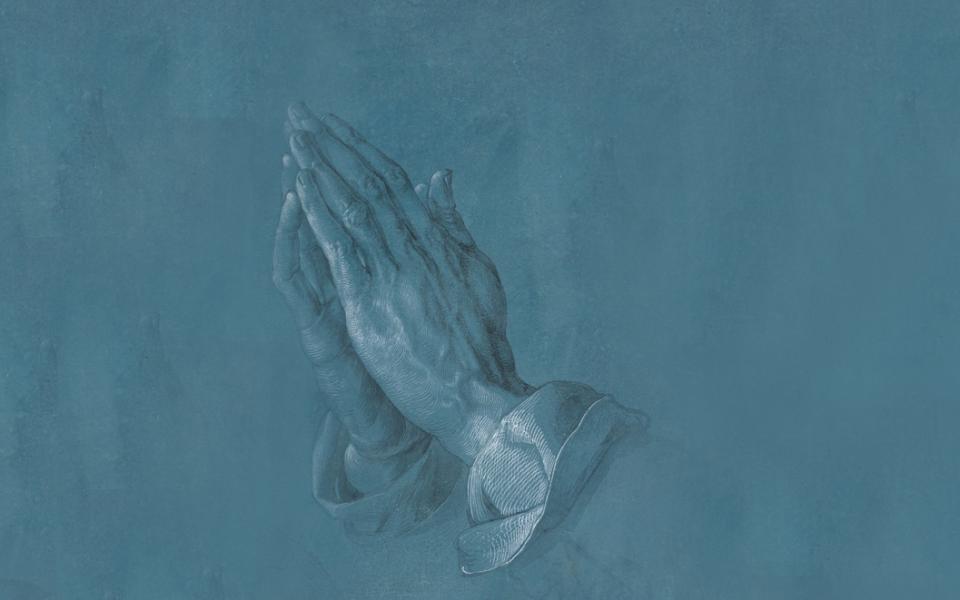
The coronavirus is having its way. This malicious nightmare, this dry tsunami, this silent bomb targeting innocent lungs. Sooner or later, it drives us all to deadly seriousness.
Like humans since the cave women and men, we begin to utter prayers. Why? Because we are suddenly being forced from the everydayness of life to the ultimate dimensions of life. In my case, the first words of an ancient prayer that came to mind were:
“O Almighty God, keep us both outwardly in our bodies and inwardly in our souls…”
I can say these words quickly, but when I slow down and let them roll over me, this is what comes to mind.
"O Almighty God, keep us..." Keep us. Don’t abandon us. Like a house being deserted by an owner. Like the homeless who are set adrift. Don’t let us lose our moorings in this unsettling moment. Our appeal goes out since the beginning of time and to the end of days, to the One who abides. “Keep us.”
“Us,” not “me.” Coronavirus has done what patriots and saints have tried and failed to do: convince us that we are all in this together. We come to understand John Donne when he wrote: “Everyman’s death diminishes me. For I am involved in mankind. Therefore, ask not to know for whom the bell tolls, it tolls for thee.” Us. The question has always been: “You or me?” The answer has always been: “Us.”
“Keep us outwardly in our bodies.” Yes, this is about bodies. The coronavirus is inconsequential and short-lived when it floats around in nature. But when it enters our bodies, as we cough, sing, talk and sneeze, it changes the entire world. We see the bodies of others. Sitting in cars, in mile-long lines waiting for food. Lying on the floors of hospital corridors. Marooned aboard luxury ships unwelcomed at any docks. Stacked up in coffins in Italian churches waiting for the thaw. Being hauled away in refrigerated trucks. Bodies.
One of the largest ships of the greatest navy of all time, armed with the most powerful weapons ever imagined, met the enemy in a virus, so tiny that it cannot be seen. And its captain of the ship pleaded for mercy. The ancient prayer had this moment in mind. “Keep up outwardly in our bodies.”
“And (keep us) inwardly in our souls.” Souls. The scene of the young nurse having dealt with dying patients for a twelve-hour shift, crying, “I didn’t sign up for this.” The inward reality of fear, fatigue and primitive uncertainty is as real as the infected body. Her cry is a prayer that goes as deep as the virus. The soul is consequential.
Among the answers to our soul’s prayer are music, films, books, quiet, jokes, discretionary time, reviving old friendships and appreciation of real heroes and heroines in real-time – applauding the medical staff at the end of shifts.
In the end, we know now what we have always known: we are not in charge. And we want to bind ourselves to the One who, at the end of the day, both sorts it all out and is in charge. That is why this prayer – my coronavirus prayer – is ancient. “O Almighty God, keep us outwardly in our bodies and inwardly in our souls…..”